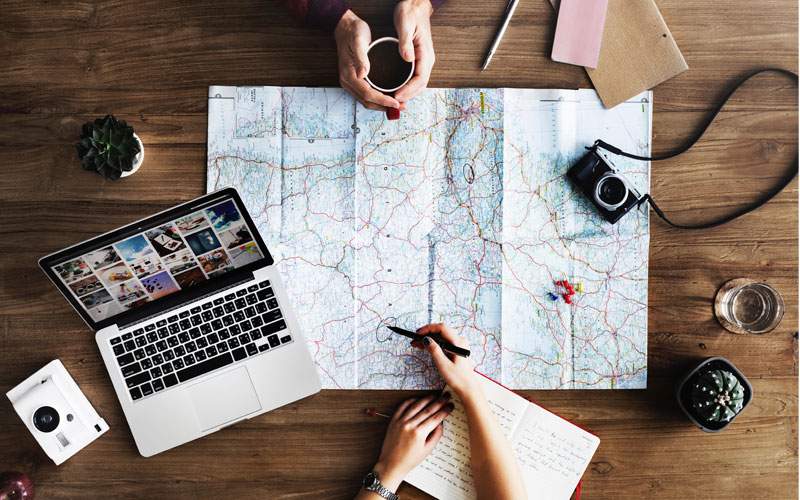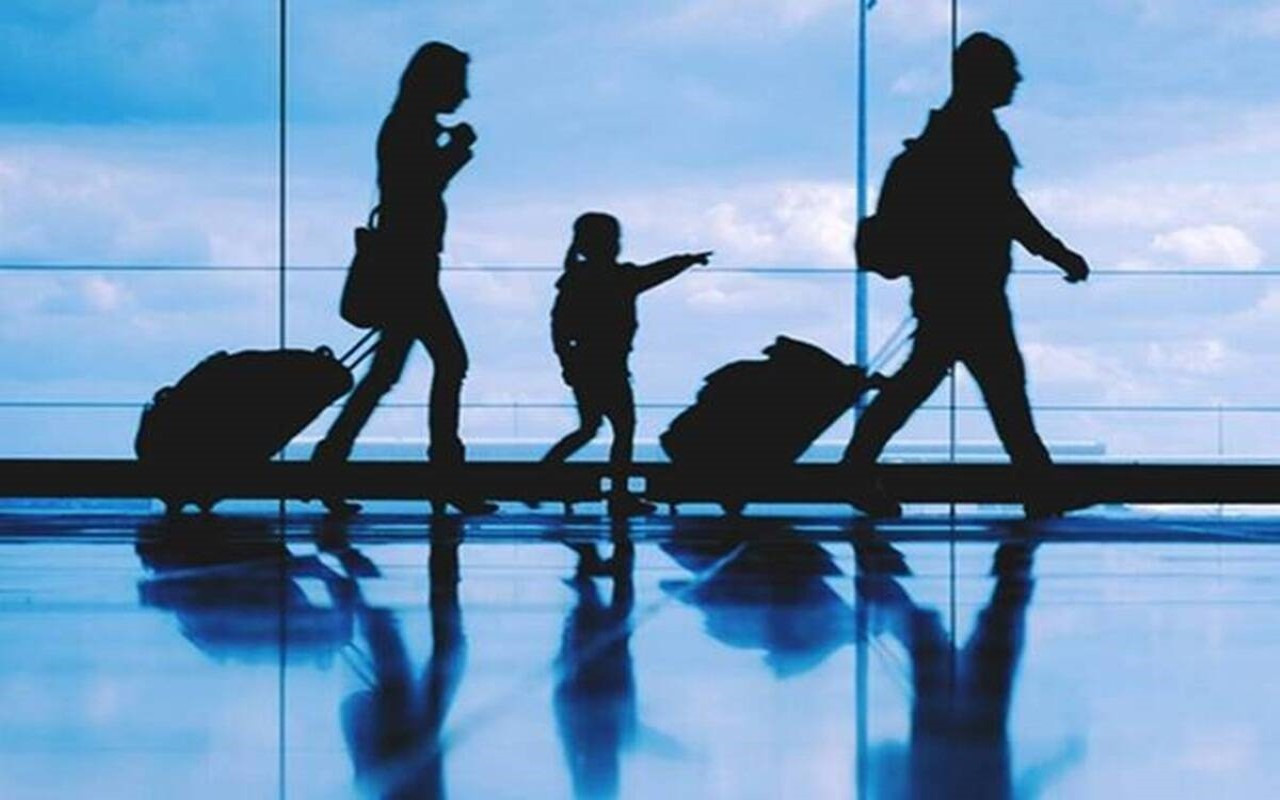Saving Tourism Through Digital Marketing
Looking into the benefits of technology in the tourism industry

“Travel and tourism is among the most affected sectors with a massive fall of international demand amid global travel restrictions including many borders fully closed, to contain the virus” – UNWTO
This isn’t fake news and we’ve been seeing thousands of news that have highlighted the downfall of this industry since the beginning of the pandemic. It’s worrying and while the world is still trying to recover, business owners around the globe, be it in the tourism industry or not, cannot sit still and do nothing. That’s when the question comes in – what can we do when our movements and resources are restricted?
The answer is, of course, marketing but with the help of technology. Yes, we’re talking about digital marketing and how it’s seen as the only “solution” to staying afloat during this crisis. As someone who has been studying tourism marketing, specifically in Singapore, this is what Professor Wong King Yin, lecturer of NTU has got to say.
The tourism industry has seen the biggest impact during this period of time simply because of the nature of this business - it relies on tourists and face-to-face services. Both of which have been put on a halt many times due to the lockdown that was implemented earlier, and whenever there’s a rise in COVID-19 cases.

The tourism industry has been badly affected during this pandemic; Image via Johan Mouchet
Seeing that most businesses in this industry struggle to operate, it’s critical for everyone to think through their strategy. This is when the management must come up with ideas on how they can minimise the operation costs without having to close down and let go of their staff. Sure, closing down and bidding your staff adieu may be the easiest way out but a decent workforce is still needed if business owners wish to remain open.
“On top of all the things that business owners have to deal with internally, it’s also essential for everyone to focus on how to remain some sort of connection with their existing customers. After all, communication is key. You don’t just stop talking to someone and expect him or her to remember you forever, right?” Wong commented.
Professor Wong suggested that those who struggle to stay afloat may consider implementing strategies like running a food delivery service or turn any existing space they have into a co-working space. Point is, thinking out of the box and incorporating technology into your marketing strategy is key to surviving this period of uncertainty!
A great example is the Raffles Singapore virtual interactive play that lasted for two months, known as “The Curious Case of the Missing Peranakan Treasure,” a captivating mystery set against the epic backdrop of Singapore's iconic Grand Dame. Alternatively, viewers were given the chance to immerse themselves in its twists and turns on the property through exclusive experiences at the fabled hotel.
Similarly, virtual tours have been receiving positive feedback amongst locals in Singapore as well as foreigners who are intrigued by the beauty that Lion city has to offer. These virtual tours were initiated due to the travelling restrictions. Nevertheless, people still get to experience Singapore from the comfort of their homes.
“Frankly, the importance of technology has been discussed for at least 10 years now but the adoption of it hasn’t been the greatest. This could be due to several contextual factors. And today, the virus didn’t just limit our movements but also the movements of products going in and out of our country,” said Wong.
Wong continued, “Hence if you’re thinking of robotics and such, you’ll certainly face some difficulties getting your hands on one at the moment. That’s why we’ve said many times that businesses’ main weapon of surviving is digital marketing. You can never escape from it!”

Mastering digital marketing is the way forward; Image via Digitaldefynd
Perhaps consider investing in a user-friendly website, connect with your customers through social media, and strengthen your existing community. If you’re lucky enough to have the resources, creating a mobile application for the ease of connecting and distributing messages will also benefit your company greatly.
However, amplifying your digital marketing effort is important but if you’re doing it with no specific goals in mind… then that’s the same as not doing anything at all! That’s why many businesses who are claiming to be building their online presence, are also struggling to see a positive breakthrough. That’s because many of those businesses don’t understand that they have to have a brand story and strategy before executing anything.
“The best advice for this is, look at your existing data and build something valuable from the info that you have. With this method, you’ll definitely reach the right audience and you’ll have a better understanding of how to curate your messages,” she explained
Following that – if you ask when will things go back to normal and what can we do if it were to happen tomorrow? Truthfully, Wong expressed sincerely that it’s a question nobody can answer. Because we seem to be greeted by new variants every other month.
So really, business owners in this industry will have to stay grounded and adapt to any unexpected changes at any time. But if there’s one thing that everyone can expect, it’s the significant increase in airfare tickets and changing consumer behaviours when it comes to choosing their accommodation during a vacation.

Travelling during the pandemic era ;Image via Matta
Nevertheless, Wong is of the opinion that not every country in the world is as eager to open up its borders as Singapore does. That’s because some countries are more self-sufficient than the rest. Singapore is a tiny city and they rely highly on tourists. Naturally, they do want to have our border open up as soon as possible for the betterment of the country’s economy.
Now, when it does happen, we’ll be facing another uncertainty. Will tourists be more inclined towards staying in Airbnb because it’s the safest, or will they still trust to stay in their favourite hotels despite knowing that hotels have been used as temporary accommodations for quarantine purposes? Something for industry players to ponder upon.
Lastly, when we do have more freedom to travel, Wong hopes that we no longer have to go through any quarantine. We’ll all have to be more conscious of our own travelling activities.
Cherish the moment and the experience without harming anyone or anything. Even though we may not be able to gather in large crowds like we used to, at least something more than nothing at all right?

